

Choose your country.
Applicable for
Laying patterns help determine the look and feel of a room. They also have a major visual impact, making the room look larger or smaller, longer or narrower. The following is a summary of the most common installation methods for wooden floors.
This is the most common installation method for a wooden floor and can be further subdivided into 1, 2, or 3 strips. Here the different planks are installed side by side in a row. The appearance will also differ depending on the width and the length of the planks.
Herringbone is truly back in again. This ancient synchronous installation method results in a classical, yet dynamic look and fits perfectly in any contemporary home. This wooden floor consists of short rectangular planks laid in the form of a herringbone.
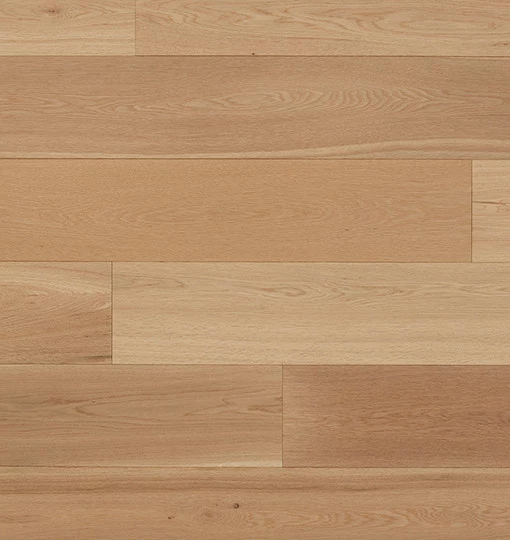
Strip flooring
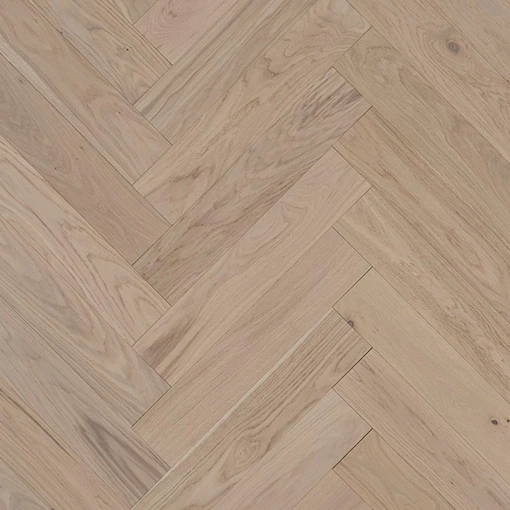
Herringbone
Hungarian point is often confused with the herringbone installation method. The planks are rectangular in herringbone floor. In a Hungarian point floor the planks have the form of a parallelogram. This creates the distinct arrowheads.
The Versailles pattern consists of a square frame with inside geometric patterns of a multiple of planks. This laying pattern perfectly matches stately country houses and traditional homes. The origins of this pattern go back to the time of Louis XIV in the palace of Versailles.
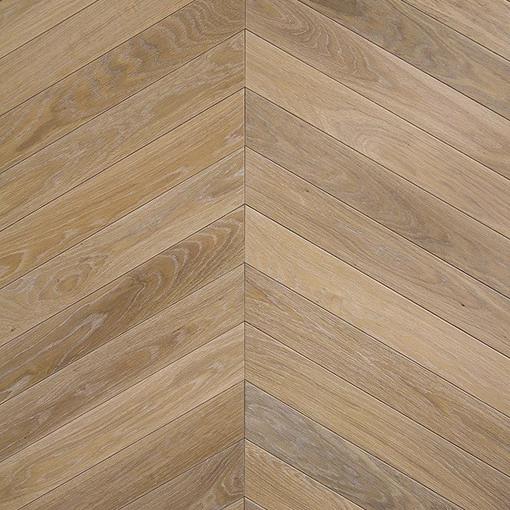
Hungarian point
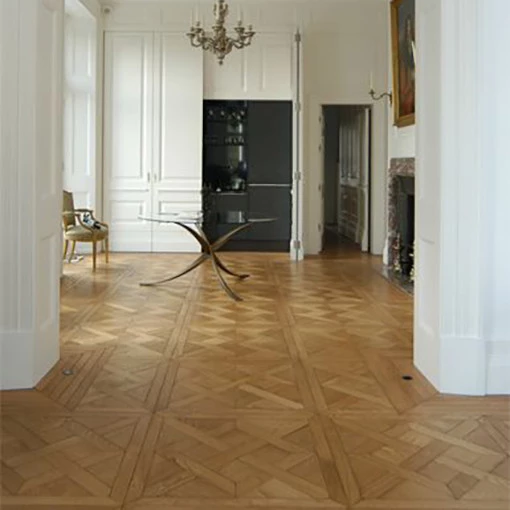
Versailles
High side wooden floor is very popular among architects. It is a wooden floor with small planks laid sideways. With high side, the planks can be in different lengths and different thicknesses seen from above. These floors were mainly used in industry, but are becoming increasingly popular in private homes. The unique appearance gives a specific character to your living room.
With an end grain wooden floor, the floor consists of square or elongated blocks and not flat strips. The blocks are sawed through the wood grain so the growth rings can be seen on the surface. This makes the wooden floor a pressure-resistant and wear-resistant floor and is also ideal for industrial use.
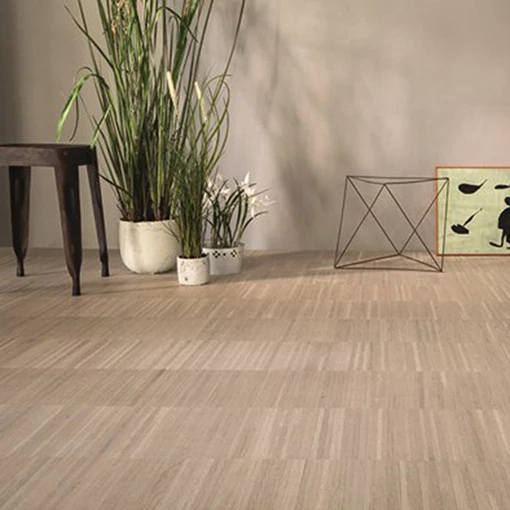
High side. Source: www.amerhout.be
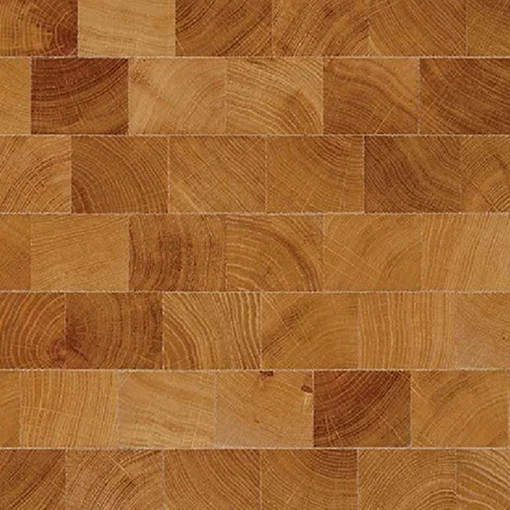
End grain. Source: dehoutmeester.nl
Our experts are ready to help you with free advice. Don’t hesitate to contact Giovanni and his colleagues by email or telephone.
